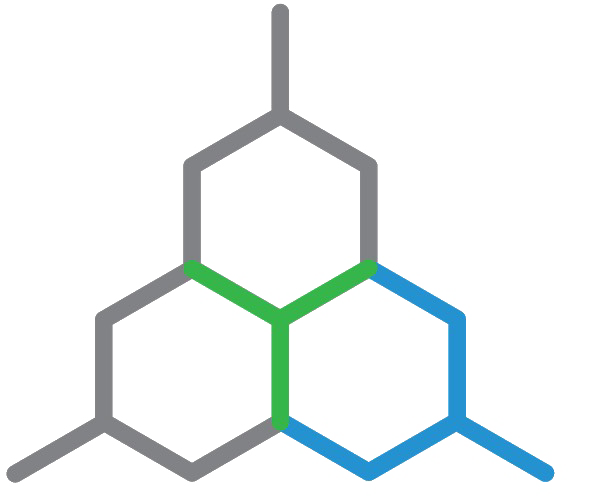The Robert Wood Johnson Foundation (RWJF) has partnered with Catalyst @ Health 2.0 to launch two innovation challenges on Social Determinants of Health (SDoH) and Home & Community Based Care. As a national leader in building a culture of health, RWJF is inspiring and identifying novel digital solutions to tackle health through an unconventional lens.
Health starts with where we live. As noted in Healthy People 2020 social determinants of health are, “conditions in the environments in which people are born, live, learn, work, play, worship, and age... [that] affect a wide range of health functioning, and quality-of-life outcomes and risks.” For example, children who live in an unsafe area cannot play outside making it more difficult for them to have adequate exercise. Differences in SDoH heavily influences communities’ well-being and results in very different opportunities for people to be healthy.
Despite our knowledge on SDoH, the current healthcare system utilizes care models that often fail to take into account the social and economic landscape of communities-- neglecting factors such as housing, education, food security, income, community resources, transportation and discrimination. Little progress has been made on incorporating SDoH into established health care frameworks. Healthcare providers and patients alike either have limited understanding of SDoH or have limited opportunities to utilize SDoH knowledge. RWJF established the “Social Determinants of Health Innovation Challenge” to find novel digital solutions that can help providers and/or patients connect to health services related to SDoH.
Home and community-based care is also important to enable Americans to live the healthiest lives possible. In-patient and long-term institutional care can be uncomfortable, costly, and inefficient. Digital health solutions in the home and community offer opportunities for care that better suit the patient and their loved ones. For example, innovations such as remote patient monitoring (RPM) have created new care models that allow the providers, caregivers, and patients to manage care where a person is most comfortable. RPM serves as a reminder that technologies in the home and community offer alternatives methods to engage the patient, increase access to care, and receive ongoing care. Therefore, RWJF is launching the “Home & Community-Based Care Challenge,” to encourage developers to create solutions that support the advancement of at-home or community-based health care.
The ultimate goal of both challenges is to foster innovations that help people live healthier lives and promote healthier, more equitable communities.
The challenges have two phases. In Phase I, innovators submit tech-enabled solutions addressing the challenge topic. Judges will evaluate the entries and the top five teams who will move onto Phase II. The five semi-finalists will be awarded $5,000 each to further develop their application or tool. Three finalists will be chosen at the end of Phase II to compete at a pitch event! They will demo their technology in front of a captivated audience of investors, provider organizations, and members of the media at a prominent health conference. Judges will select the first, second, and third place winners live. The grand prize winner will be awarded $40,000 for first place, $25,000 for second place, and $10,000 for third place.
With $100,000 in total prizes for each challenge and a number of promotional activities, we strongly encourage innovators to pre-register for the challenges and be notified when the applications open.
Check out the challenge websites below to learn more and make sure to pre-register for the RWJF Social Determinants of Health Innovation Challenge and/or the RWJF Home & Community Based Care Challenge to be notified when applications open on April 29th and submit your digital solution by June 7th.
To learn more about the Social Determinants of Health Innovation Challenge, click here. To pre-register for the challenge and receive the latest updates, click here.
To learn more about the Home & Community-Based Care Challenge, click here. To pre-register for the challenge and receive the latest updates, click here.


